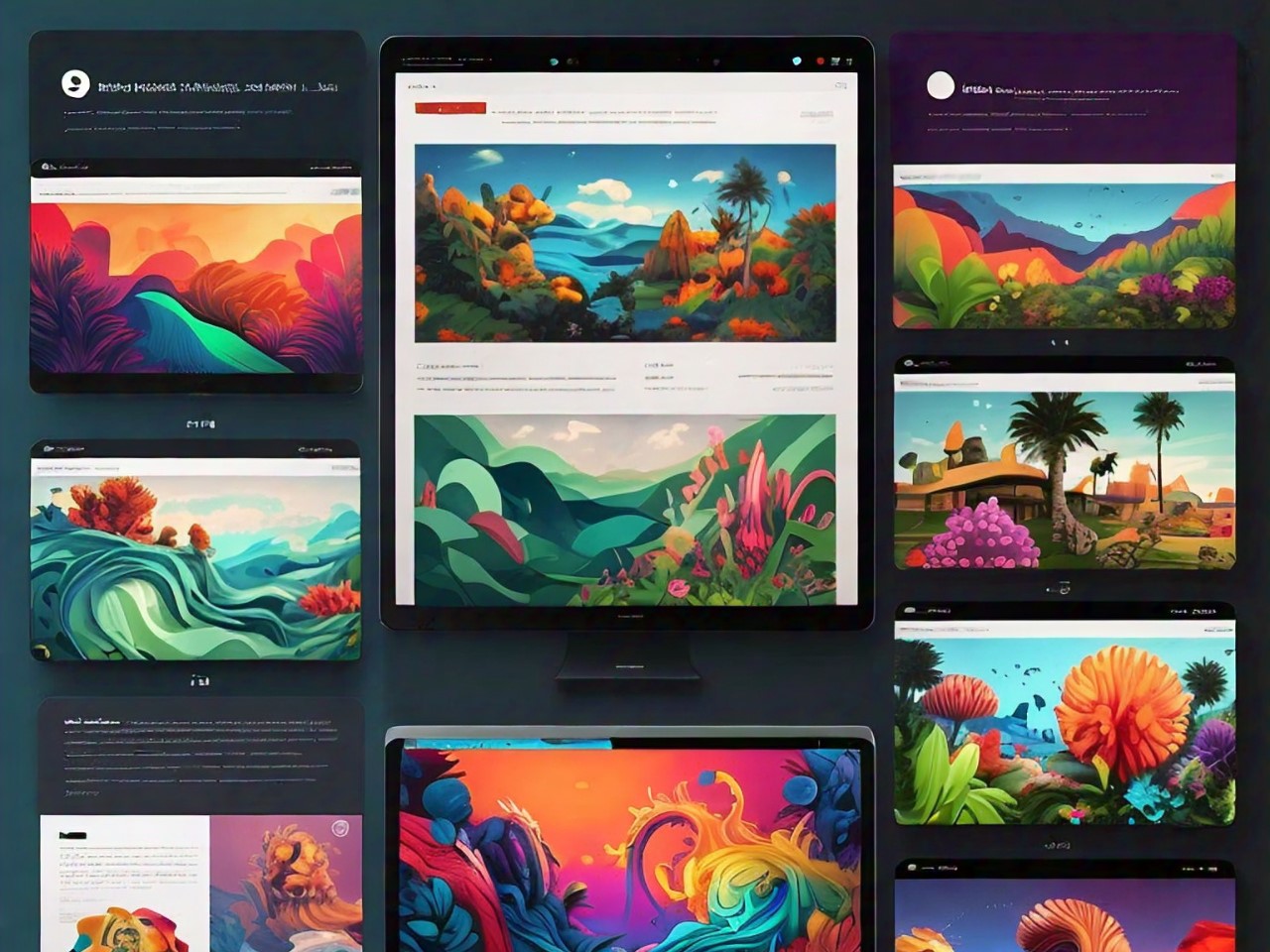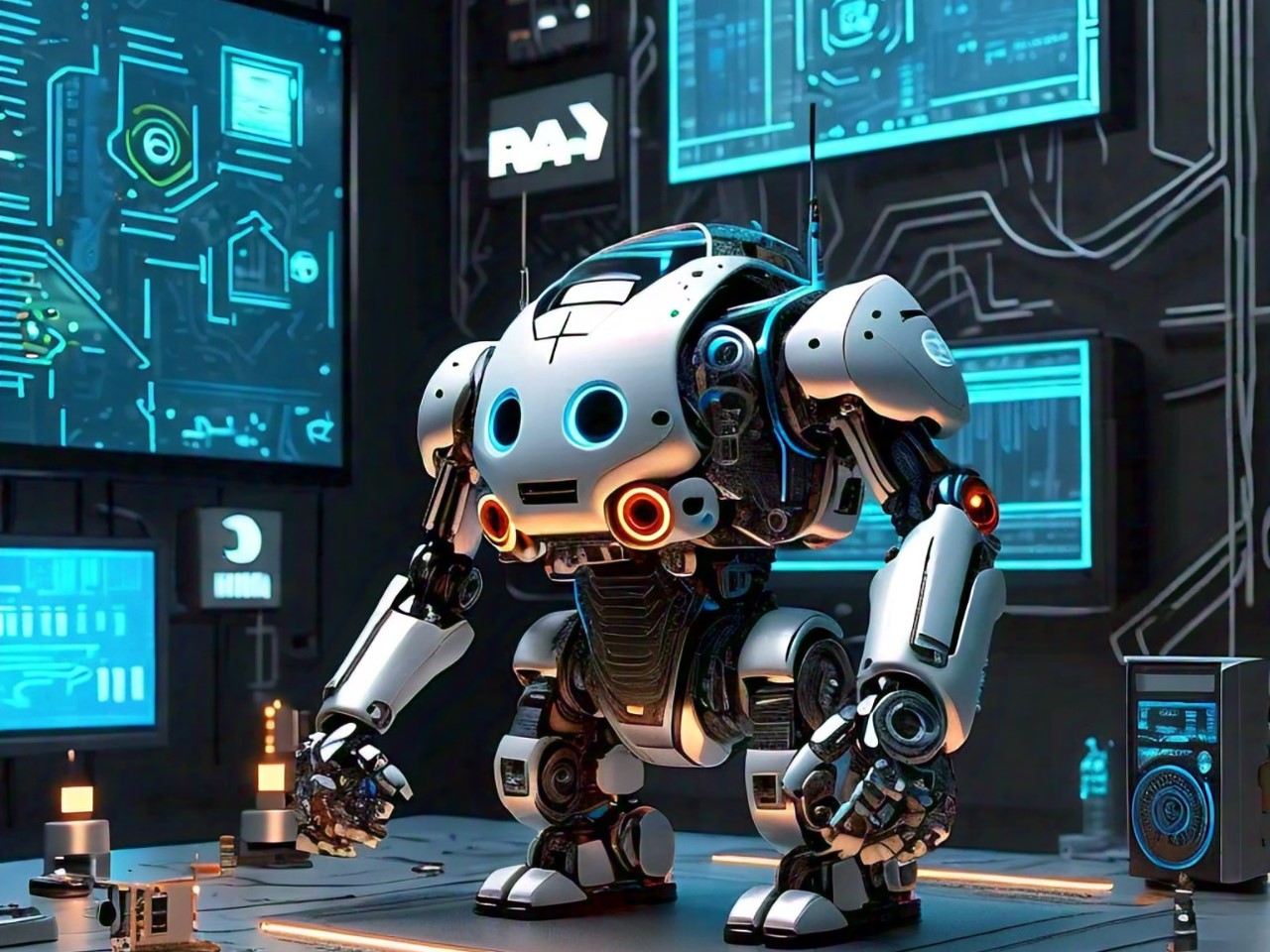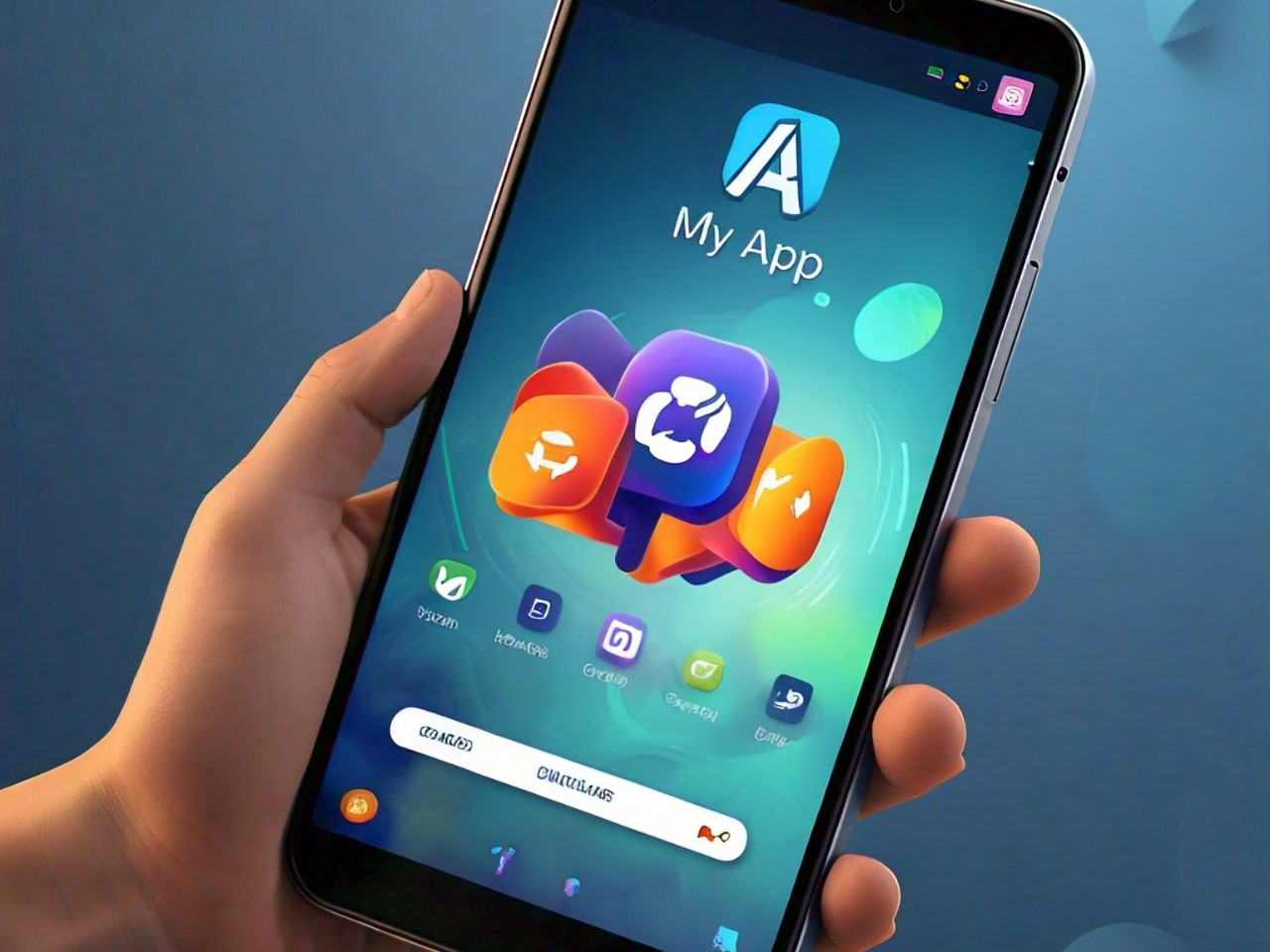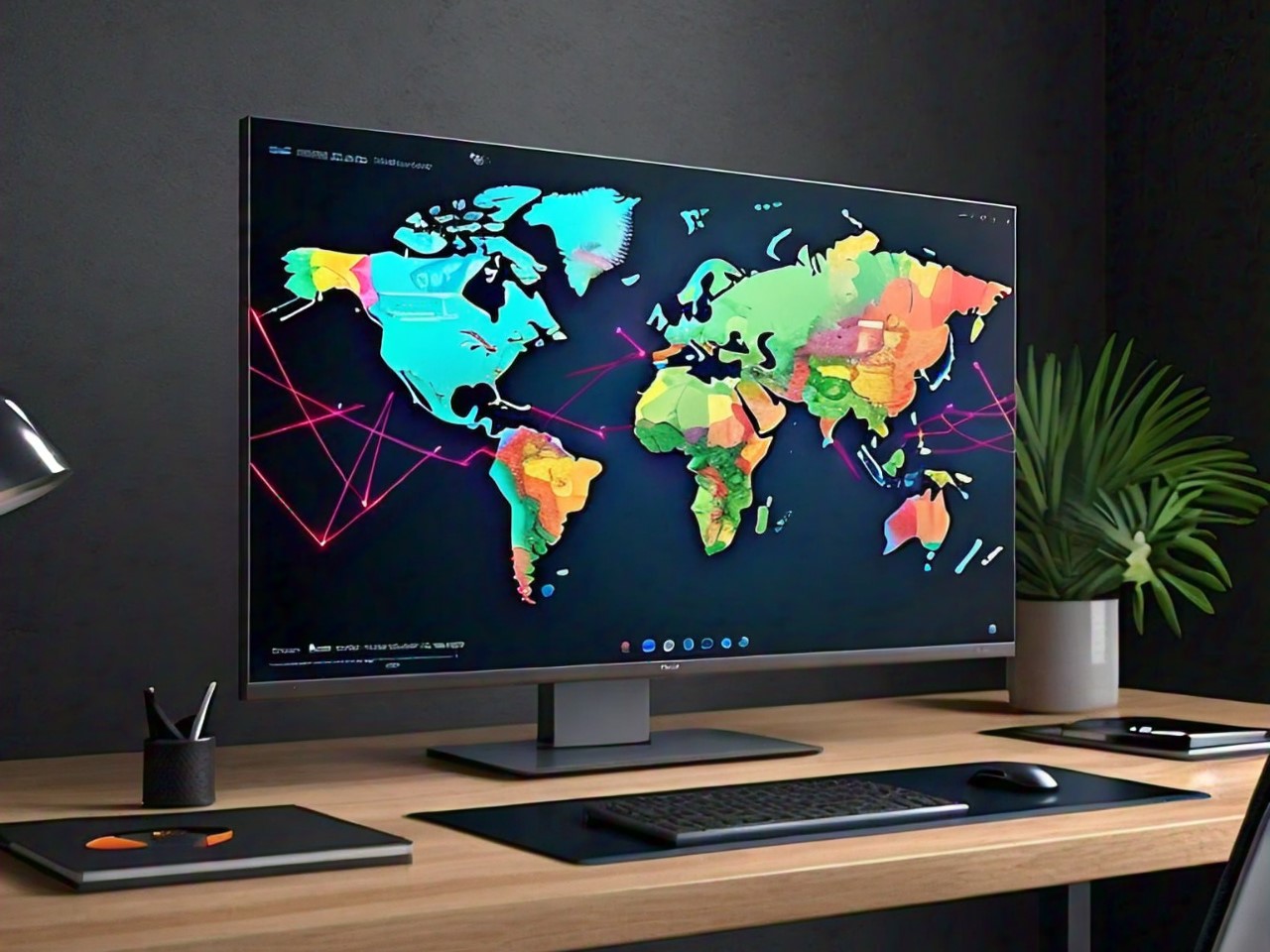Custom Website Development
From simple informational sites to dynamic platforms, we design websites that captivate and perform.

Founded in 2009 by Ali Shivji, also known as Ali Robot, Develop Robots was born from a passion for innovation and a commitment to excellence. Ali, a Harvard-educated AI Engineer, envisioned a company that could bridge the gap between imagination and reality through technology.
Over the years, we’ve evolved into a leader in custom technology solutions, leveraging our expertise in software development, artificial intelligence, and robotics. Our mission is to empower businesses by transforming ideas into impactful technological solutions. Whether you’re a startup or an established enterprise, we’re here to help you stay ahead in the digital age.
Why Choose Us?
Over a decade of industry experience
Expertise in cutting-edge technology
Client-centric approach focused on delivering customized solutions
Proven track record of innovation and success

From simple informational sites to dynamic platforms, we design websites that captivate and perform.

Leverage cutting-edge AI and robotics to automate processes, improve efficiency, and innovate your operations.

Safeguard your data with advanced protection strategies and compliance solutions.

Build online stores with seamless user experiences to maximize sales.

Create intuitive and high-performing apps for Android and iOS devices.

Delivering custom software solutions that align with your business objectives.

Enhance your systems with reliable and efficient API solutions.

Validate your systems for performance, security, and compliance with industry standards.

Boost your brand visibility and engage your audience with strategic online management.